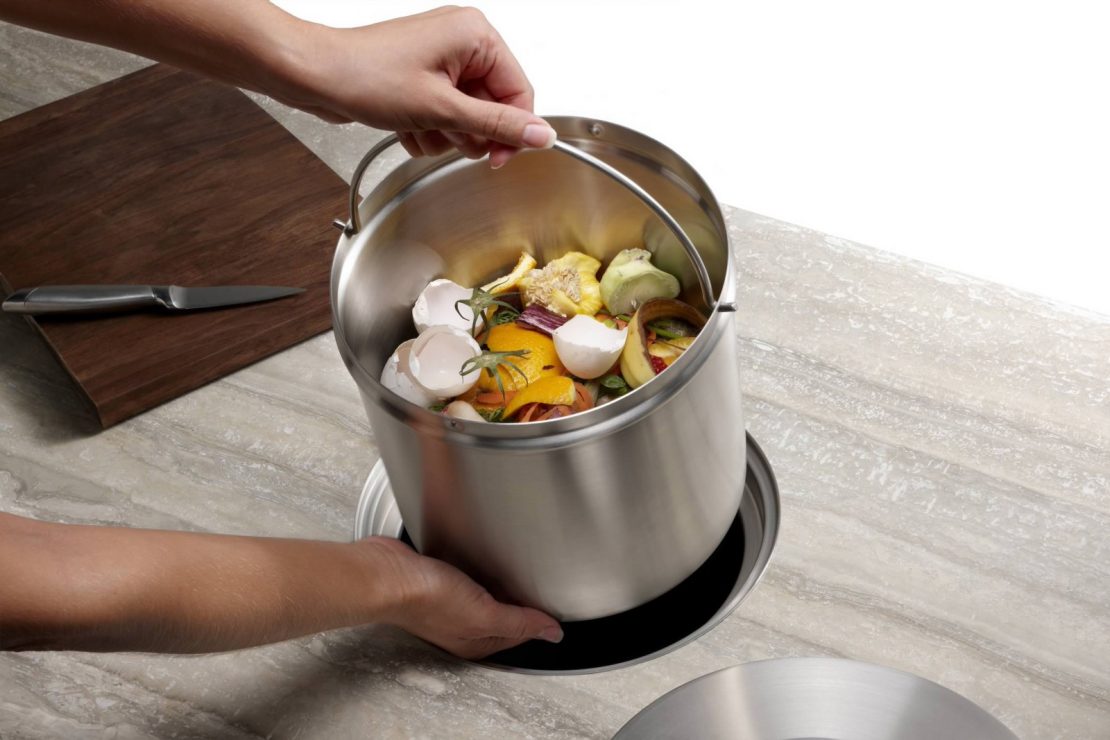Composting with Limited Space

Many individuals have turned to composting as a natural means of fertilization for gardens. Those who live in apartments Ann Arbor may not think this is possible for them; however, that assumption is completely incorrect. There are several small space composting choices and ideas. This can actually be quite productive for many reasons. For example, all fresh produce scraps from the kitchen can be composted as opposed to being thrown out with the garbage.
Container Composting
There are a number of commercially made compost bins available on the market which are designed specifically for apartments downtown ann arbor and/or small spaces. Some of these can be pretty prices and none of them are absolutely necessary. There are several other options which are generally much cheaper.
A large lidded tote bin is perfect for small space composting and can be purchased for around five to ten dollars. Keep in mind that a properly maintained bin should not emit foul odors. You will have to add a few holes for air flow, but the tote bin will work just fine. Also consider kitchen size to yard size lidded trash cans.
Worms are Natural Cultivators
Worm composting is very popular, simple, and creates wonderful fertilization for any garden. It is best to begin the compost bin prior to adding worms. Place a layer of organic soil in the bottom of the compost bin then layer other ingredients. Start with strips of old newspaper and add dry, dead leaves upon that. Pour a small amount of water on top of this to get it started.
Once this has begun to naturally decompose add some live red worms or earth worms. If it is not possible to dig for them in the local area, look for a bait and tackle shop. These types of shops usually sell them by the dozen. Dump at least one dozen into your compost bin. You can either cut several small holes into the lid or fashion a lid from something like chicken wire. The worms will be happy living in there and will not usually try to escape.
Feed your Bin Scraps
There are many different kitchen scraps that are excellent additives for your compost bin. Any fresh produce scraps such as carrot tops, potato peelings, and the core of fruits. It is easiest to keep a small bowl in the kitchen to put the scraps in throughout the day. At the end of the day simply dump these in.
There are numerous websites on the internet which provide chemical composition charts. Some popular items people often neglect adding are eggs shells and coffee grounds, filters and all. Remember to alternate between brown and green scarps. The more varied your compost ingredients, the healthier the compost will be. In just a few weeks this will show. As you turn your compost creation you will see rich, black soil developing. Different plants require an abundance of varied chemical components. These are a few examples:
- A few which provide high levels of nitrogen are feathers, grass clippings, produce scraps, and even hair.
- A few that add high levels of carbon are corn cobs, saw dust, straw, and wood ash.
- Certain items are not recommended such as cat litter, chemically treated paper or wood, and ashes from cook grills.
